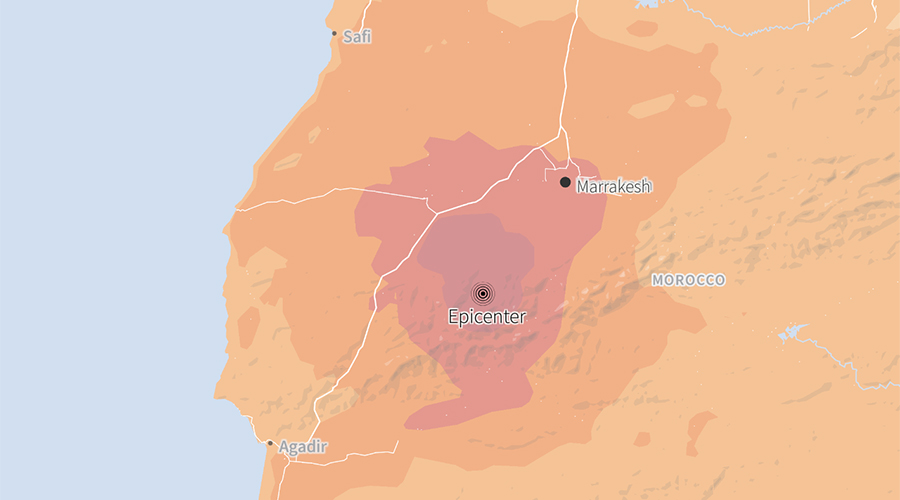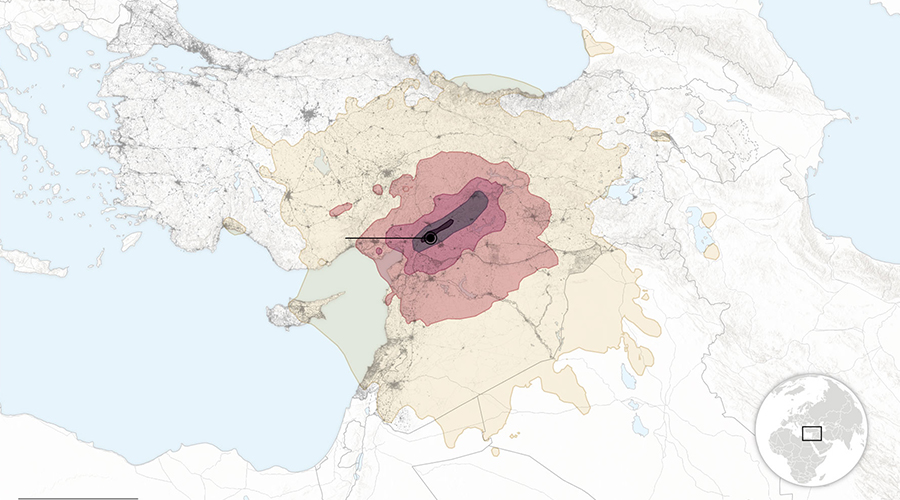MISSION
To provide a professional response to those affected by disasters and emergencies.
ABOUT
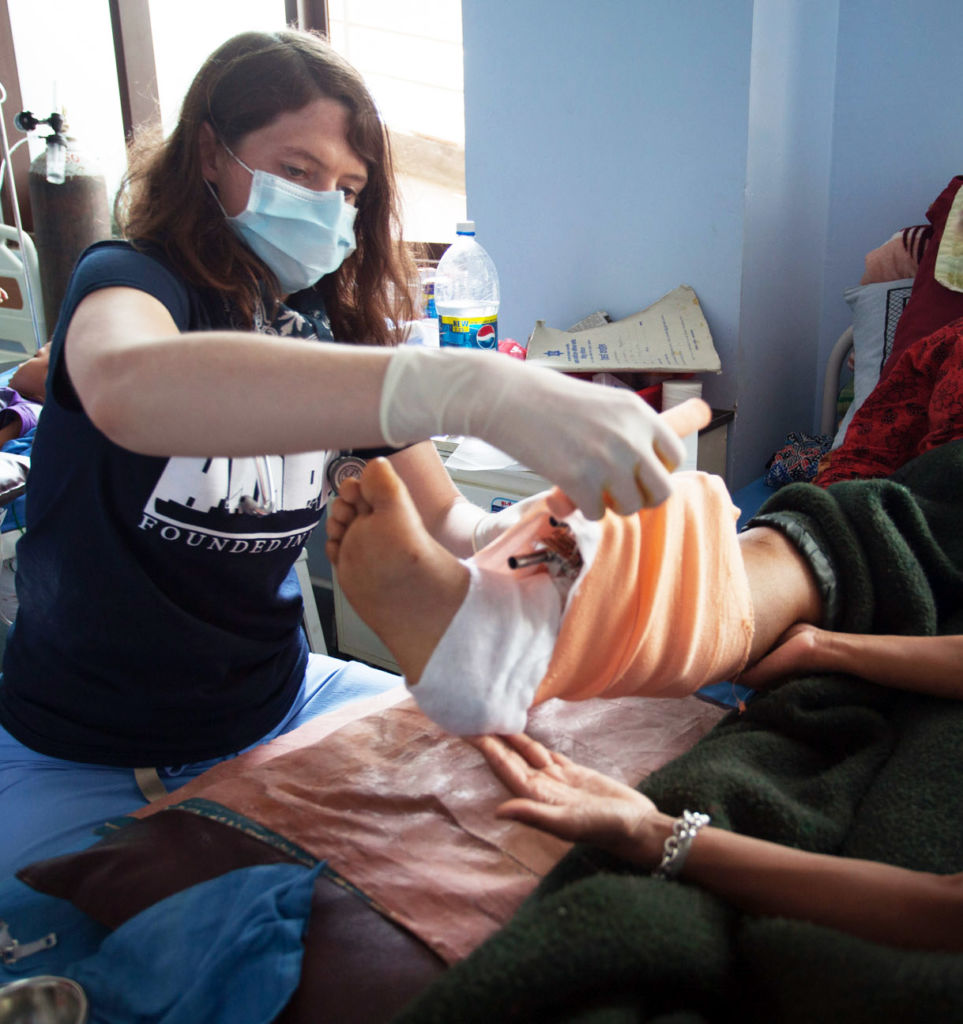
Global Disaster Response and Humanitarian Action (GDRHA) at Massachusetts General Hospital Global Health is committed to providing well-trained personnel and resources to immediately respond to a full spectrum of humanitarian – natural or man-made – emergencies. GDRHA maintains the highest standards in clinical care, organizational management, and ethical practice.
The cornerstone of the GDRHA program is the availability of dedicated MGH doctors, nurses and other health professionals who are trained to professionally respond and serve during disasters and humanitarian crises.
As a center of excellence in disaster preparedness and response, GDRHA leverages the multi-disciplinary expertise of MGH and the MGB community to deliver the highest level of care to people affected by disasters. GDRHA is committed to continuously improving quality and effectiveness of humanitarian response through education and training, strong partnerships, and innovation and research.
BY THE NUMBERS
GET INVOLVED
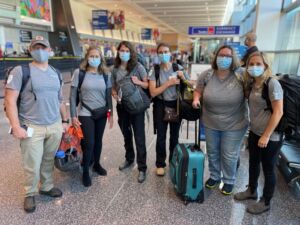
Virtual Information Sessions
Information Sessions provide background on our program and work as well as outline the process to become a member of the team. Sessions are held virtually.
If you are an MGB employee and interested in becoming a volunteer with the GDRHA team, please click here for upcoming session dates.
BORDER RESPONSE
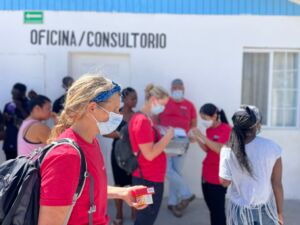
Motivated by political turmoil, civil unrest and pervasive violence, families and individuals have fled to cities along the Mexico/US border in hopes of seeking refuge in the United States. Tens of thousands of asylum seekers are waiting for their chance to apply for asylum while in crowded shelters, makeshift camps, or on the streets of dangerous border towns and in desperate need of medical care and basic services.
GDRHA seeks to provide a trauma-informed medical response to those affected by this crisis and use our platform to elevate this issue into the public awareness. Since December 2019, GDRHA has been working with a partner NGO to support their efforts to provide basic medical care to thousands of asylum seekers who have been waiting in Mexico. As of February 2023, our partner is in the process of transitioning the clinics out of their leadership, and we have put a temporary pause on sending volunteers until we better understand how this transition will affect our program’s work.
We have every intention to continue this work and are still seeking clinical volunteers with experience in emergency medicine, family practice, OBGYN, and pediatrics. Haitian Creole and/or Spanish fluency is highly preferred. If you are interested in learning more, please email globaldisasterresponse@partners.org.
EDUCATION AND TRAINING
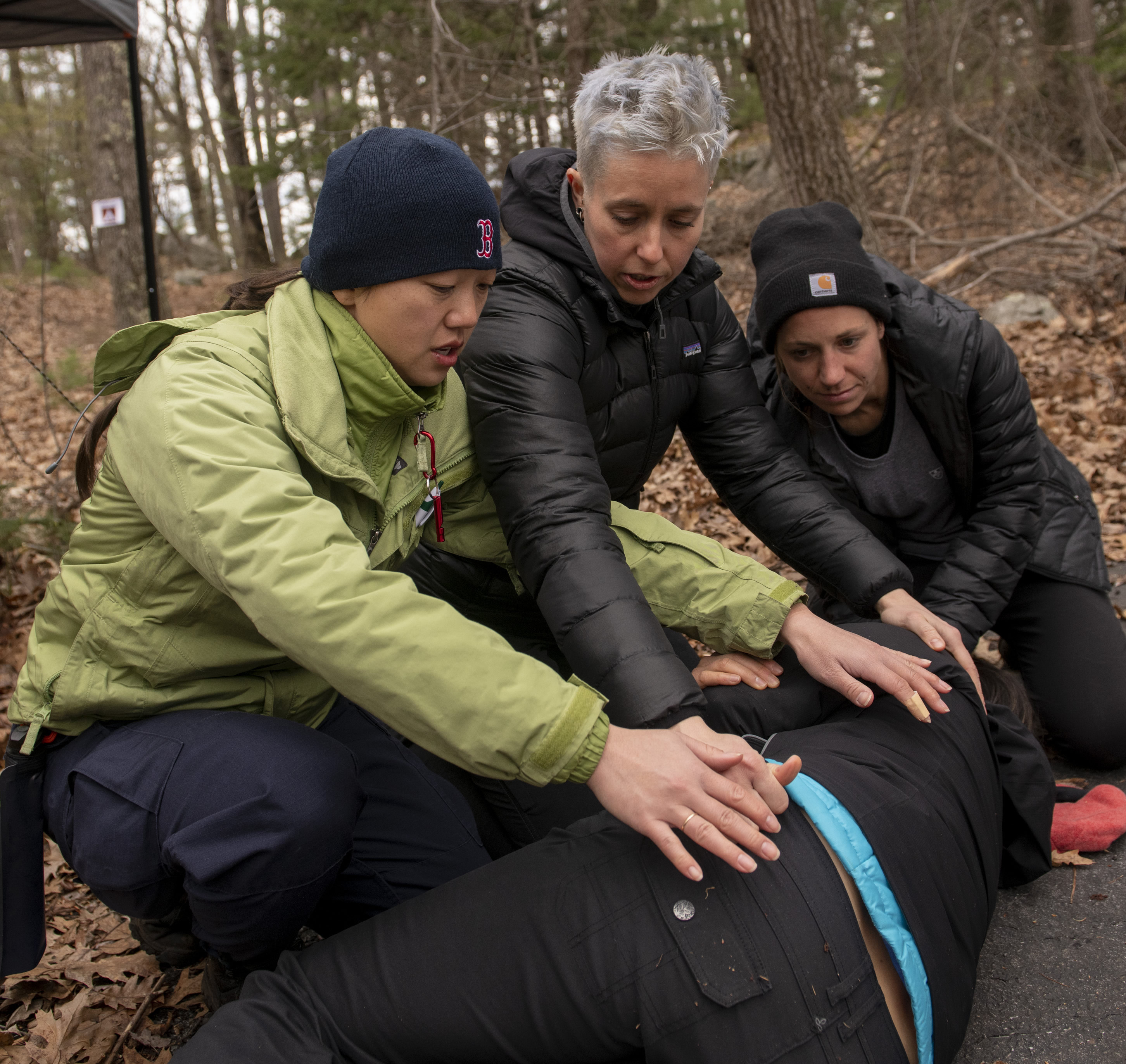
Recommended Online Trainings
Building a Better Response (BBR) aims to strengthen the capacity of NGO staff, as well as other humanitarian actors, to engage in humanitarian coordination and improve response to the needs of crisis-affected populations (required for onboarding to GDRHA roster).
BSAFE: Online Course provided by the United Nations This online course covers basic safety and security preparedness while working overseas, provided by the UN Department of Safety and Security. Highly recommended for anyone traveling or working internationally. Click here for instructions on how to register.
DisasterReady.org is a free, easy-to-use online training resource designed to help prepare aid workers for the demands of field worked.
OTHER TRAINING AND RESOURCES
Outside Trainings
“Sphere in Practice” online training and MOOC supports students, humanitarian professionals and anyone who wishes to learn about humanitarian standards in an interactive and engaging way.
Health Emergencies in Large Populations (HELP) course is offered by the Johns Hopkins Bloomberg School of Public Health in collaboration with the International Committee of the Red Cross (ICRC) and the Johns Hopkins School of Nursing and offers humanitarian workers an intensive training experience in public health principles and disaster epidemiology.
Disaster and Humanitarian Response Resources
The Sphere Standards have become a primary reference tool for national and international NGOs, volunteers, UN agencies, governments, donors, the private sector, and many others with the goal of improving the quality of humanitarian assistance and the accountability of humanitarian actors to their constituents, donors and affected populations.
The UN Office for the Coordination of Humanitarian Affairs (OCHA) is the part of the United Nations Secretariat responsible for bringing together humanitarian actors to ensure a coherent response to emergencies.
WHO Emergency Response Framework (ERF) clarifies the World Health Organization (WHO) roles and responsibilities during emergencies.

BE PREPARED
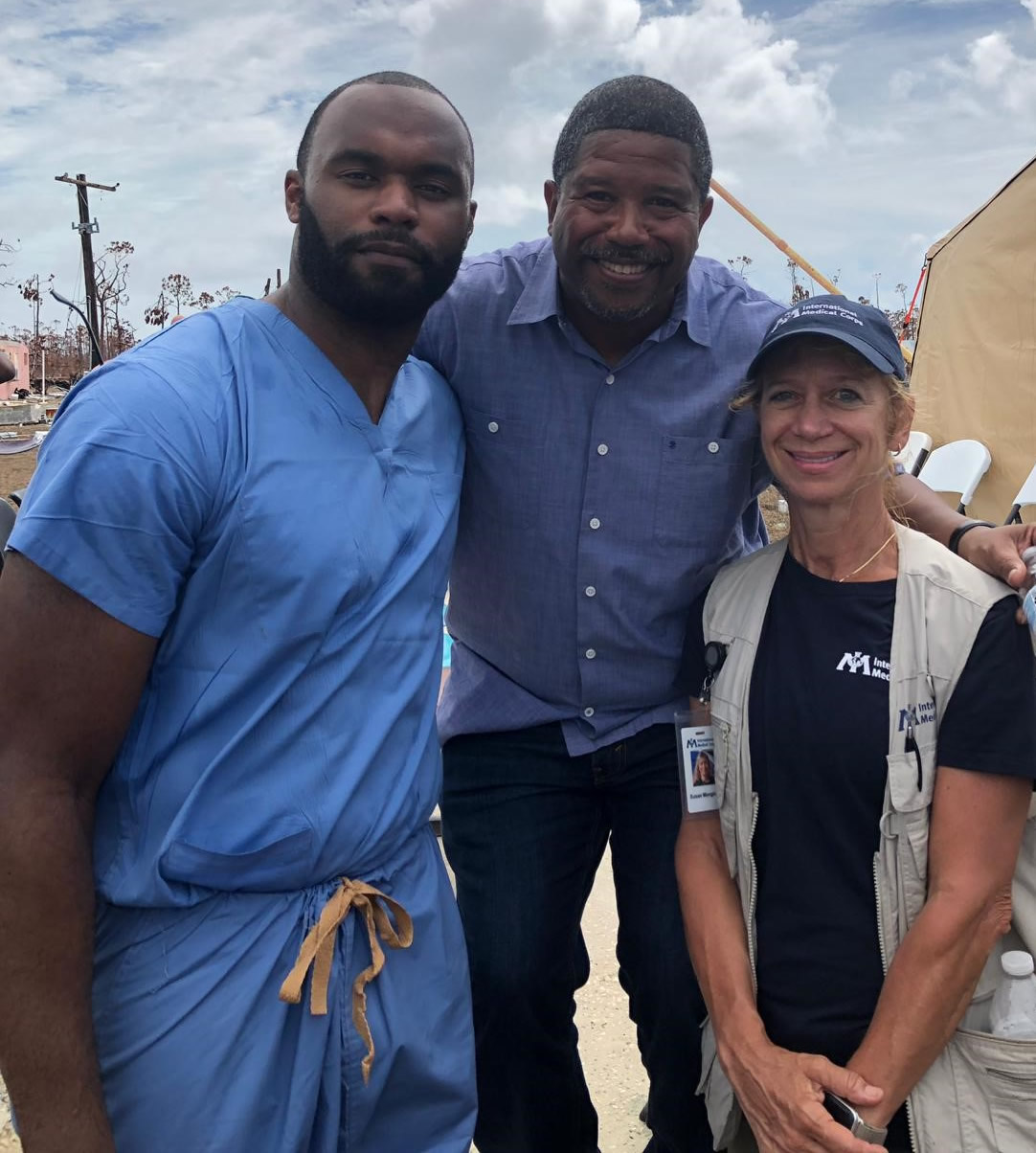
One of the best ways you can get involved with global disaster response is to be prepared! Being ready to deploy at any time is a very helpful way to get involved. Here are some recommendations:
Take the recommended online trainings (Building a Better Response and UN BSAFE) any time. These are required of all volunteers who are deployed through MGH Global Disaster Response.
Make sure your passport is good for at least 6 months into the future, as this is also a requirement for anyone who wishes to be deployed.
Make sure you are up to date with all your required vaccines. While individual countries may have specific requirements, a list of the most commonly required vaccines can be downloaded here. All healthcare workers should already be up to date with Influenza, Hepatitis B, MMR (measles, mumps and rubella) and Varicella. Check with the MGH Travel Clinic or your personal physician if you have any questions.
Have a “go-bag” ready. Having a “go-bag” is considered a basic security measure. This is a small bag with essential items that you can grab if you must “go” somewhere quickly, i.e. evacuate in case of emergency. This should sustain you for 1-2 days even if your main luggage is lost or inaccessible. An exhaustive list of what could go into a “go-bag” can be downloaded here, but be aware that not all missions will require all items.

